The Christmas Tree and The Cross
Written by H, Posted in Christian Living, Published Work
To truly celebrate Christmas, you can’t have one without the other

“I am come that they might have life, and that they might have it more abundantly,” Jesus said in John 10:10. By dying on the cross for our sins, Christ paid the ultimate price in order to grant eternal life to anyone who believes in Him.
How is eternal life associated with the Christmas tree?
Have you ever wondered how eternal life is associated with your Christmas tree? Centuries ago, Europeans apparently used evergreen trees as a symbol of eternal life. Years later, evergreen trees such as fir, spruce trees, or pine trees were brought into homes and decorated as a symbol of Christmas – this is a tradition thought to have originated with German Lutherans.
Regardless of your denomination, the Christmas tree is a symbol of Christmas, the celebration of the birth of Jesus Christ. Jesus, the Son of God, came to earth for one purpose: To save us. He willingly went to the cross and gave His life in order to save us from our sins and to give us eternal life. “And she shall bring forth a son, and thou shalt call his name JESUS: for he shall save his people from their sins.” (Matthew 1:21)
Trees referenced throughout Scripture
Trees are referenced so many times throughout the Bible. Two examples of trees used in Scripture that have incredible significance – and ties to Christmas – are the tree of the knowledge of good and evil, and the cross. Adam and Eve sinned at the bottom of the tree of the knowledge of good and evil when they ate the fruit (Genesis 3:6), and Christ paid for our sins when He gave His life on the cross (1 Peter 2:24).
But it doesn’t end there! Yes, Christ died on the tree, paid the ultimate penalty for our sins, and was resurrected to life three days later. If you choose to put your trust in Christ and believe in His name, you too will have eternal life. “For as in Adam all die, even so in Christ shall all be made alive.” (1 Corinthians 15:22) You just need to trust Him. Your testimony need not be an exciting story; your testimony can be as simple as confessing your sin to Christ and putting your faith in Him.
Why do you celebrate Christmas?
Why do you celebrate Christmas? If you don’t celebrate, ask yourself why not. Christmas is the celebration of our Saviour’s birth, and while the decorations of red and green, the talk of Santa Claus, all the presents, and the food, may hold a certain attraction and enjoyment, true contentment can only be found when you remember the Christmas tree and the cross. To truly celebrate Christmas, you can’t have one without the other. The cross is as integral a part of Christmas as the evergreen that’s standing in your living room. Just because you may not believe doesn’t mean it’s not true. “For the preaching of the cross is to them that perish foolishness; but unto us which are saved it is the power of God.” (1 Corinthians 1:18)

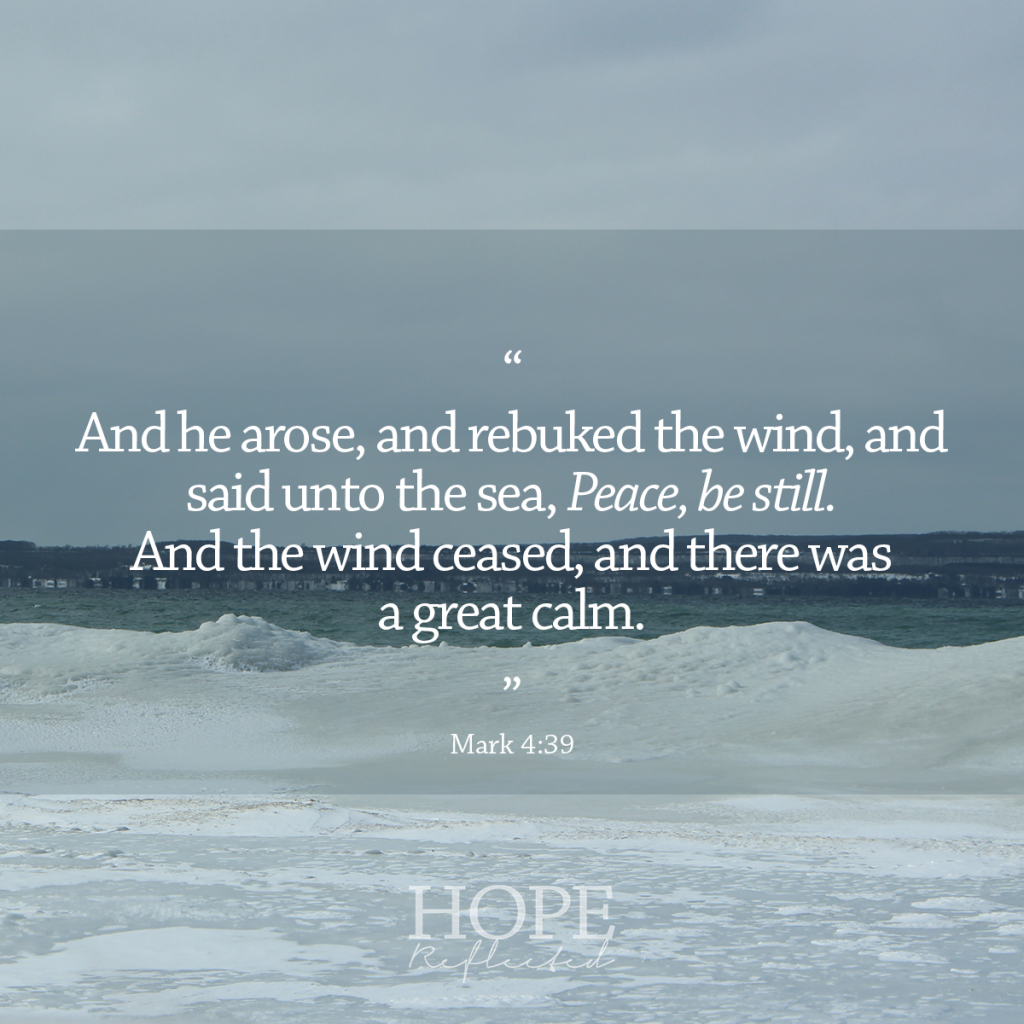
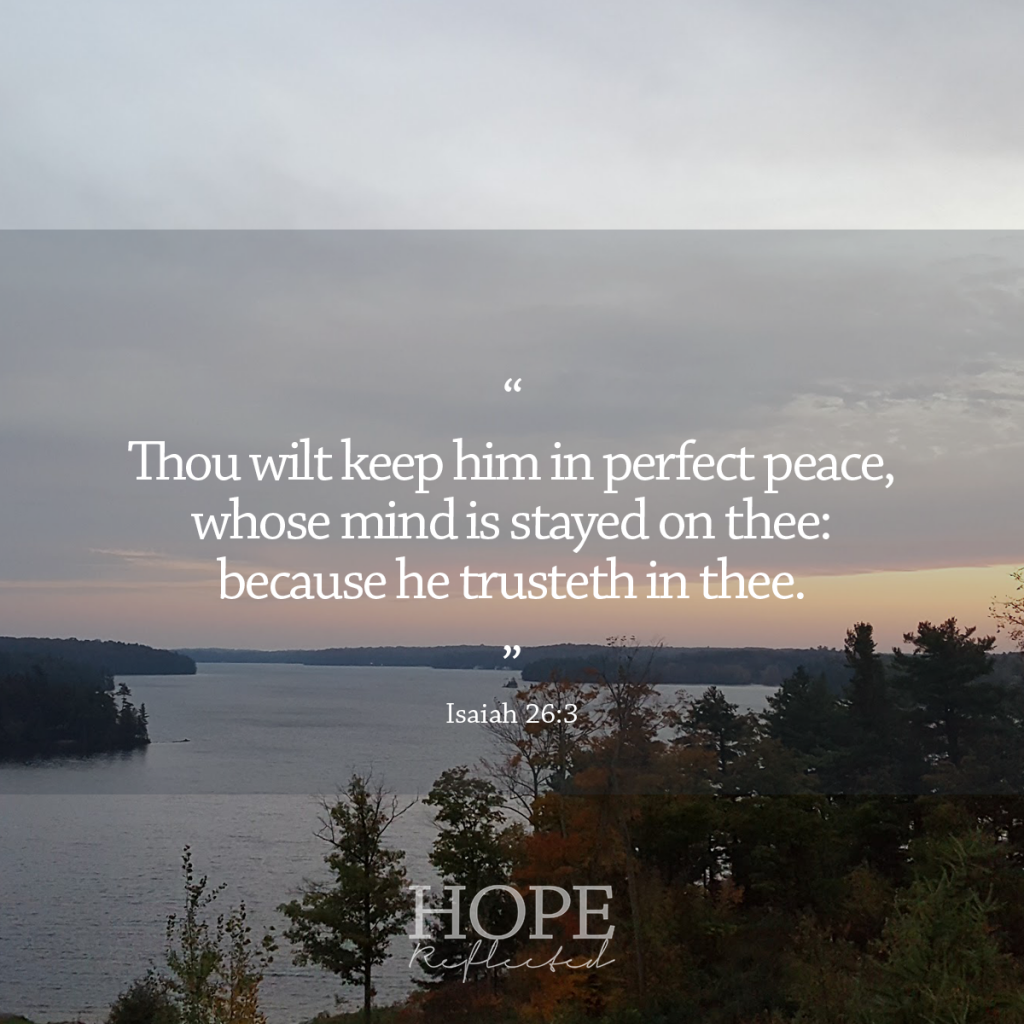
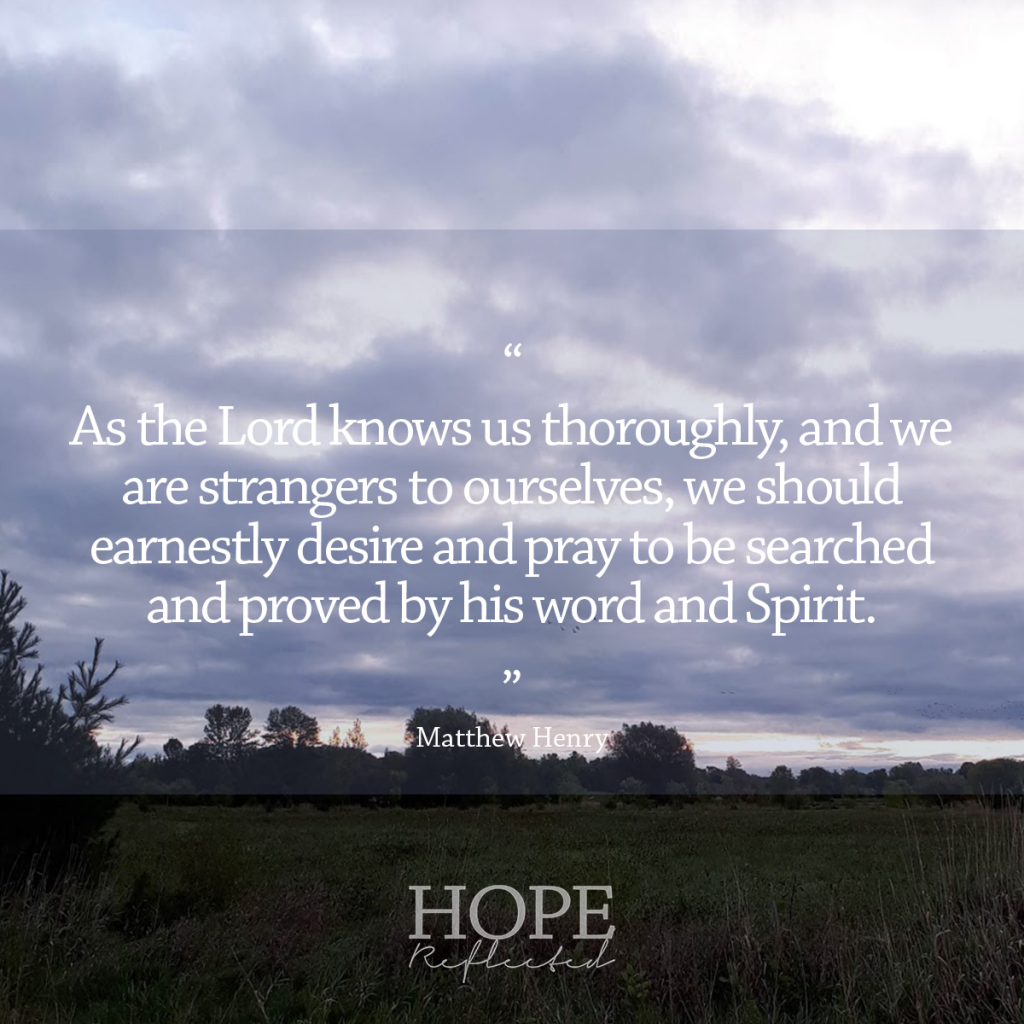


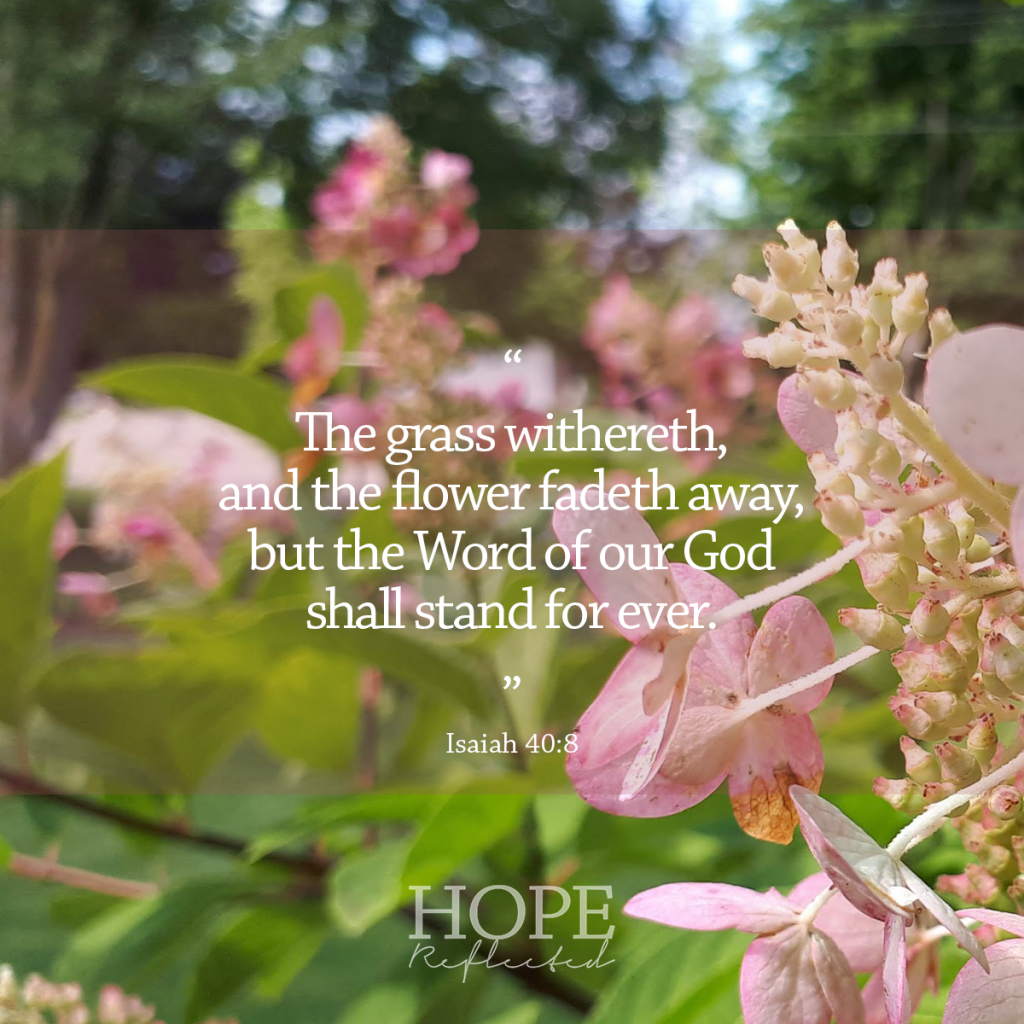
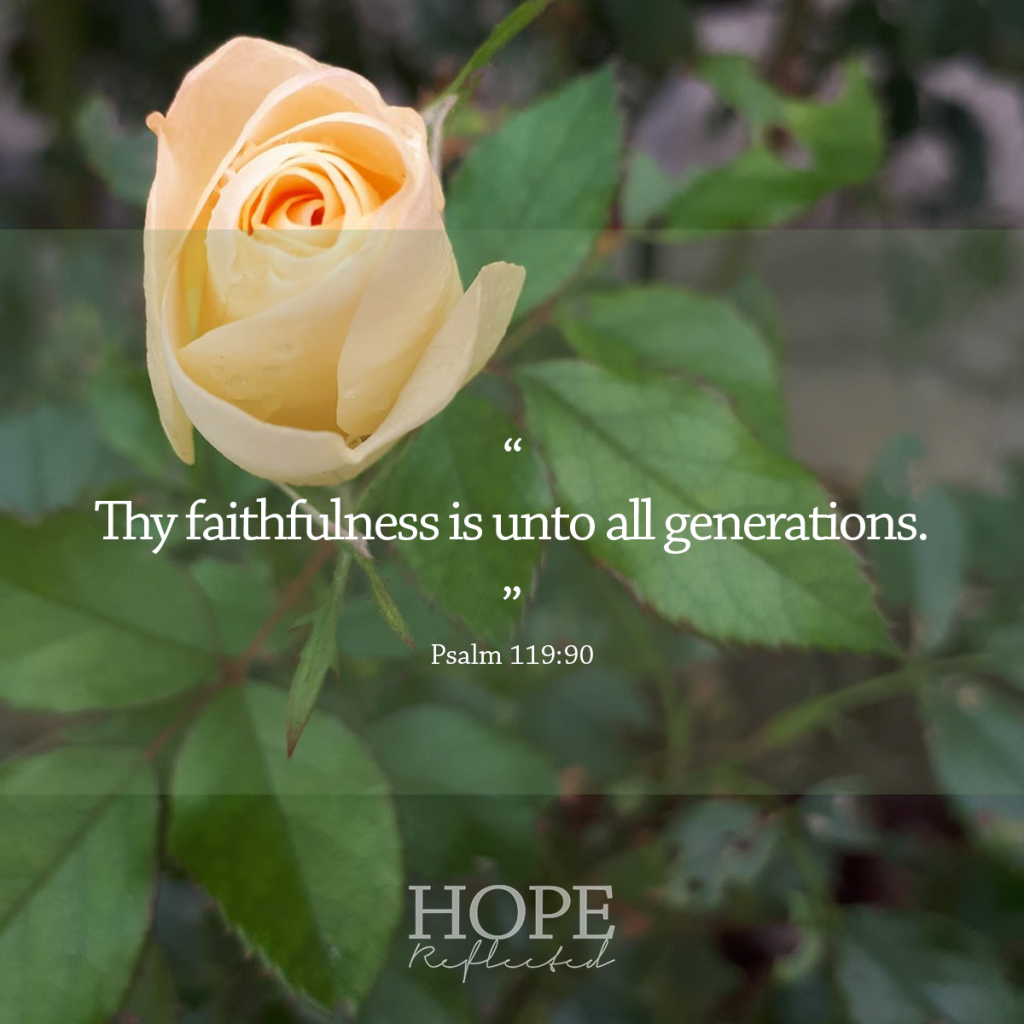



![False friends or counterfeit kindness; whatever you want to call it, the world is filled with people who will say one thing to your face and then another behind your back; people who will woo you in order to get something from you.
It’s sad, but it’s true.
The Bible provides us with examples from Joab to Judas, and yet, we’re surprised when we find ourselves deceived and hurt by someone else.
So what are some of the hallmarks of a true friend?
You can read more about this on hopereflected.com [Link in profile]
.
.
.
#friends #friendship #kindness #counterfeitkindness #hurt #proverbs #truefriends #hopereflected #blog #blogpost](https://www.hopereflected.com/wp-content/plugins/instagram-feed/img/placeholder.png)